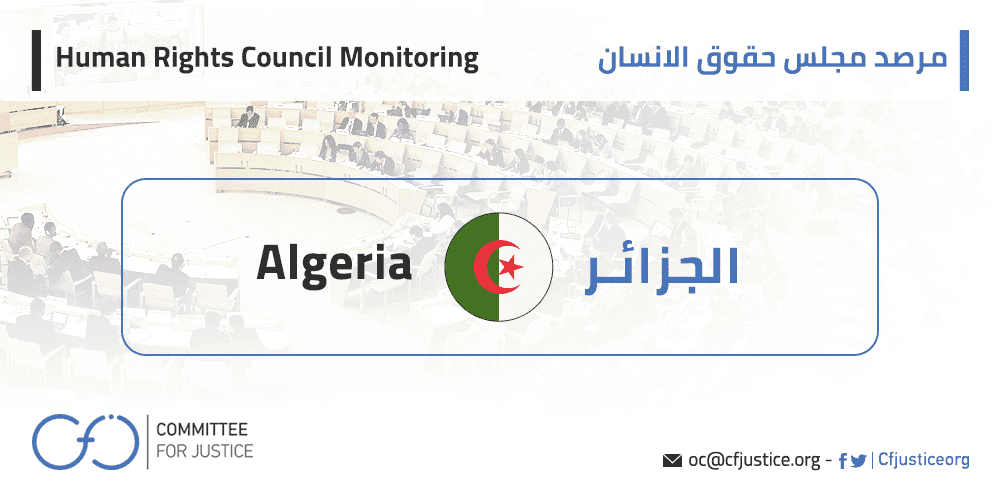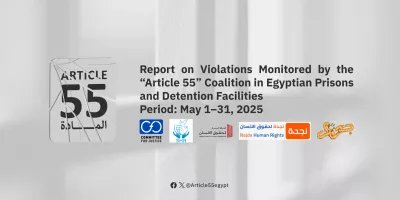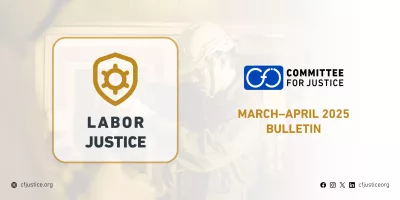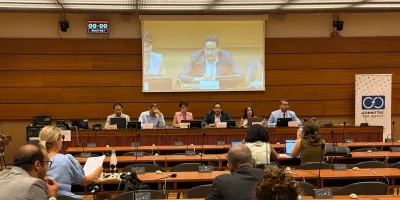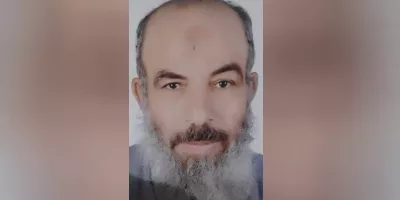News briefing
Translated and Edited by: Committee for Justice
Geneva: 26 July 2021
UN experts have issued a memorandum on the case of Algerian activist, Walid Nekiche, who was arrested while filming Algerian police assaults on protesters during a pro-democracy student demonstration, allegations of torture and sexual assault, and arbitrary detention.
Arbitrary detention, torture and sexual assault:
The experts said in their memo sent to the Algerian authorities on May 25, 2021, which has not yet been answered, that Nekiche is a member of the indigenous tribes minority, born on February 6, 1996, and he is a third-year student at the Higher Institute of Oceanography and Regional Planning.
The experts added that Nekiche was arrested by Algerian security forces after he took pictures of law enforcement officers arresting protesters using his cell phone. It was alleged that two policemen in civilian clothes arrested him, searched him, confiscated his phone, and took him to the Bab El Oued police station in the Algerian capital.
The experts explained that the Algerian activist was tortured, with one of the officers accusing him of treason, telling him: “You are traitors, you send pictures abroad.” Then the officer took off his pants and handcuffed his wrist, beat and punched him in the face and chest, and threatened him with sexual assault while being taken to a barracks in Antar in Ben Aknoun, the locality of the General Directorate of Internal Security (of the army), where he was detained for 6 days, from November 26, 2019 to December 2, 2019, during which he was tortured and sexually assaulted to extract a confession from him. He was reportedly forced to undress and kneel on the ground and was beaten by police officers, who allegedly inserted a broomstick into his anus, gave him electric shocks, and sprayed him with dirty water.
Unfair investigations and trial:
Nekiche was brought before the Bab El-Oued prosecutor on December 2, 2019, without obtaining legal representation, and he was faced with several charges related to crimes against state security, including “conspiracy against the state” and “attack on the integrity of the national territory,” “inciting the population to take up arms against the state,” “distributing and possessing documents that harm the national interest.” He was detained in El Harrach prison, without contact with the outside world, his family or his lawyer, and he was not examined by a doctor.
On March 10, 2020, during the hearing before the investigative judge, Nakiche confirmed that he was subjected to coercion by military security officers during interrogation and physical, sexual and verbal abuse. However, the judge reportedly did not order an investigation or medical examination.
On February 1, 2021, he was reported to have been sentenced to 6 months in prison for “distributing and possessing documents likely to harm the national interest.” He was released after serving his sentence, at which time he applied for an investigation into his allegations of torture. The matter was referred to the military court because those accused of torturing him soldiers, and so far no progress has been made in the investigations into his torture.
The experts condemned allegations that Nekiche was tortured in order to extract a confession from him in violation of the absolute prohibition of torture and ill-treatment, as well as his incommunicado detention.
International demands from the Algerian authorities:
The experts demanded from the Algerian authorities information on the factual and legal bases used to justify the arrest and incommunicado detention of Nakiche during the initial period of his deprivation of liberty.
The experts also requested details of his detention during this period, including the place(s) where he was held, the identity of the authorities under which he was detained, the conditions of his detention, and his failure to appear before a judge after his arrest so that the latter could verify the legality of his arrest and detention.
The experts called on Algeria to provide information on current judicial and procedural guarantees to protect persons from arbitrary arrest and detention, prolonged incommunicado detention, torture and ill-treatment during investigation, and to ensure a fair trial, as well as provide information on measures taken to guarantee the right to freedom of expression and peaceful assembly in Algeria.

